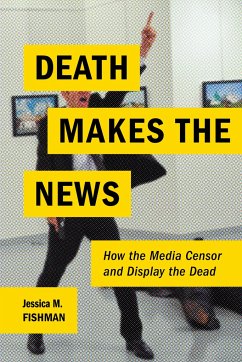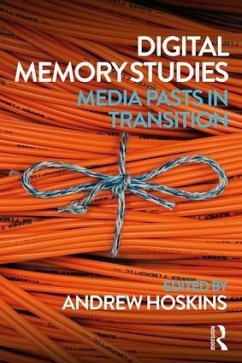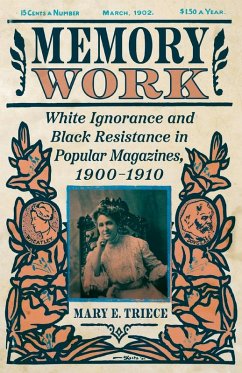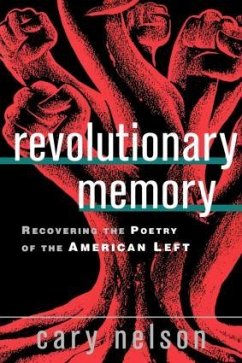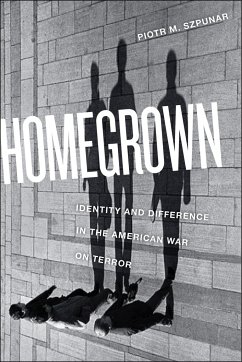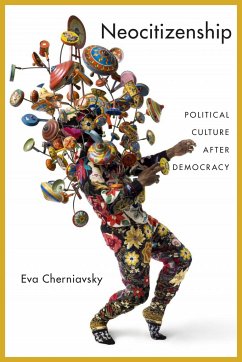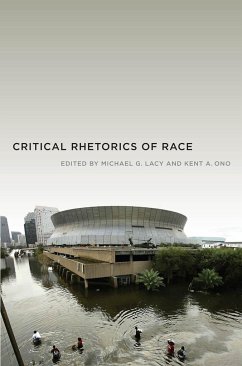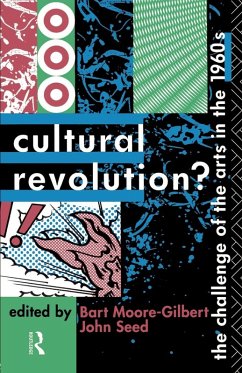
Terrorism in American Memory
Memorials, Museums, and Architecture in the Post-9/11 Era
Versandkostenfrei!
Versandfertig in über 4 Wochen
32,99 €
inkl. MwSt.

PAYBACK Punkte
16 °P sammeln!
"This book examines the role of cultural memory in the post-9/11 era of American culture, an era that begins with 9/11 memorialization and ends with battles over the memory of racial injustice. The book argues that 9/11 was a shaping force in the two decades that followed, and that the post-9/11 era came to a close in the disruption of the global pandemic and protests of 2020. The post-9/11 era thus begins with the numerous nationalistic memorial projects of 9/11 and ends with the radical intervention of the lynching memorial and Legacy Museum in Montgomery, Alabama, a project that dramaticall...
"This book examines the role of cultural memory in the post-9/11 era of American culture, an era that begins with 9/11 memorialization and ends with battles over the memory of racial injustice. The book argues that 9/11 was a shaping force in the two decades that followed, and that the post-9/11 era came to a close in the disruption of the global pandemic and protests of 2020. The post-9/11 era thus begins with the numerous nationalistic memorial projects of 9/11 and ends with the radical intervention of the lynching memorial and Legacy Museum in Montgomery, Alabama, a project that dramatically rewrites the national script of American history. The book looks in depth at the proliferation of 9/11 memorials, with thousands of memorials built from the bent steel of the twin towers throughout the country, the 9/11 museum in New York, and the architectural rebuilding of lower Manhattan as an intermix of memorialization, securitization, commercialization, and starchitecture. It analyzes the erasure of the post-9/11 wars in Iraq and Afghanistan and the memory projects that have aimed to render their human and economic costs visible. Finally, it analyzes the National Memorial for Peace and Justice and the Legacy Museum as a project of memory activism that aims to memorialize the legacies of slavery and lynching as a means to intervene into the consequences of mass incarceration in the present"--




